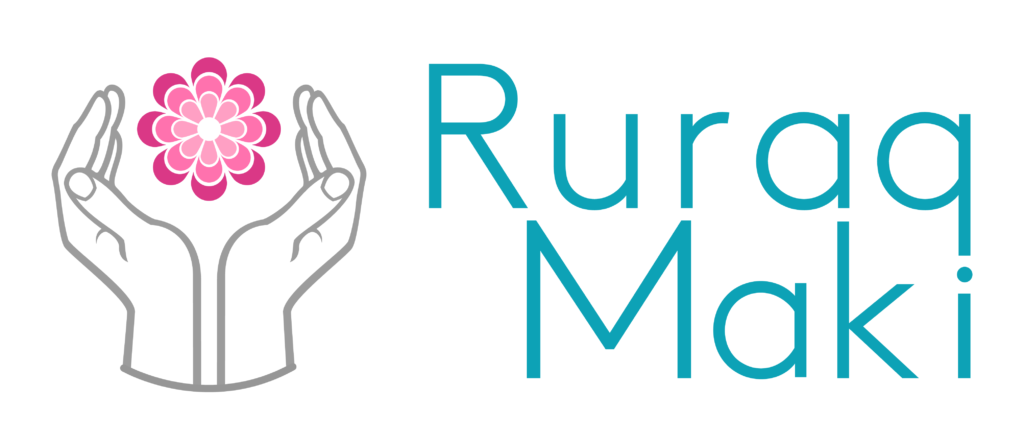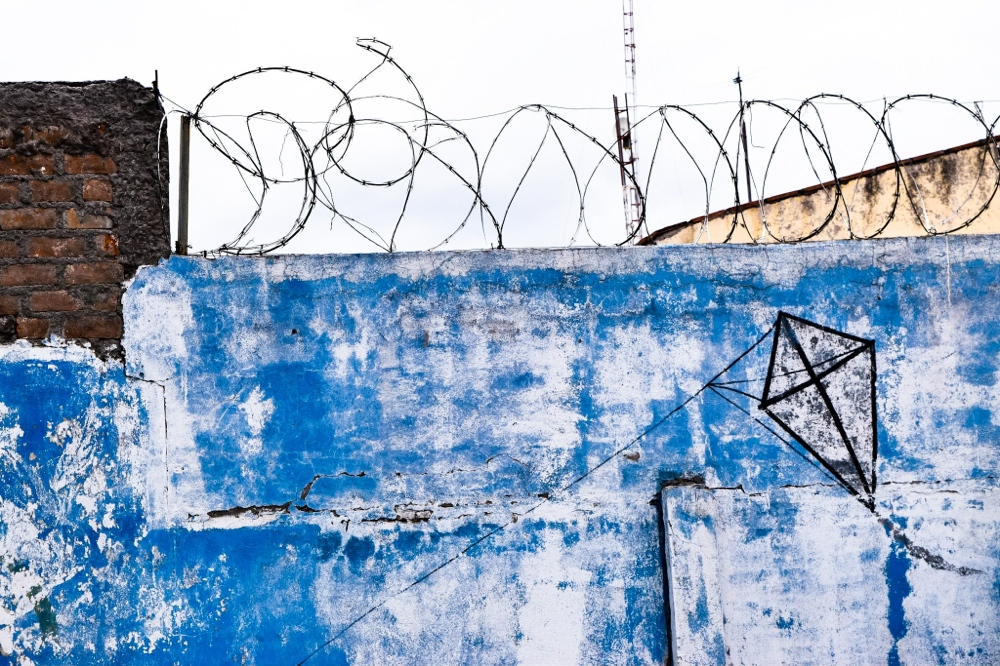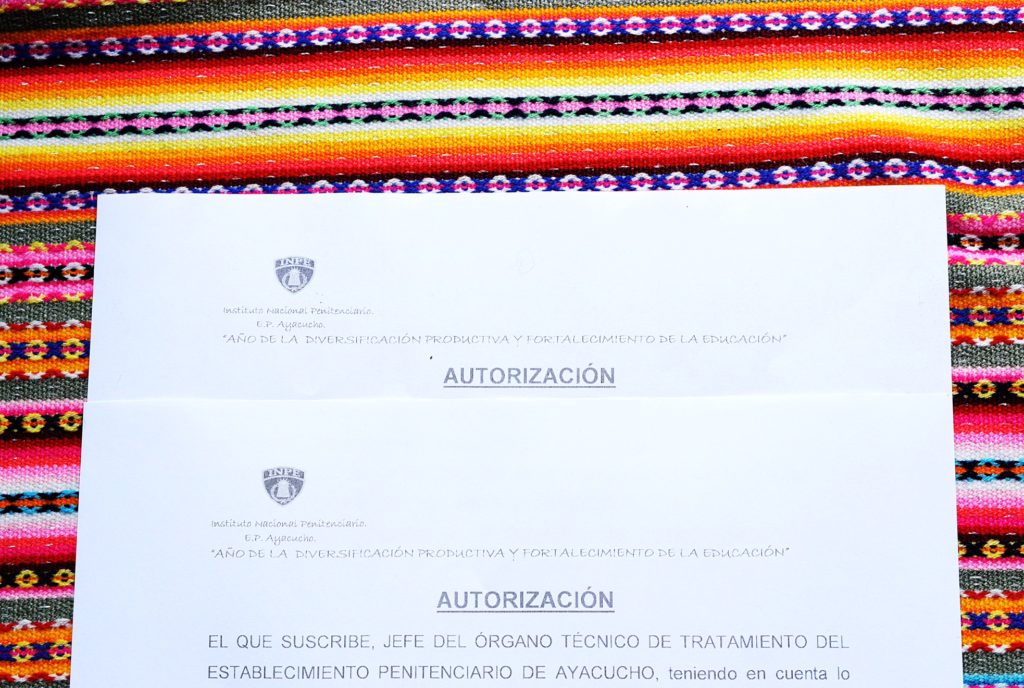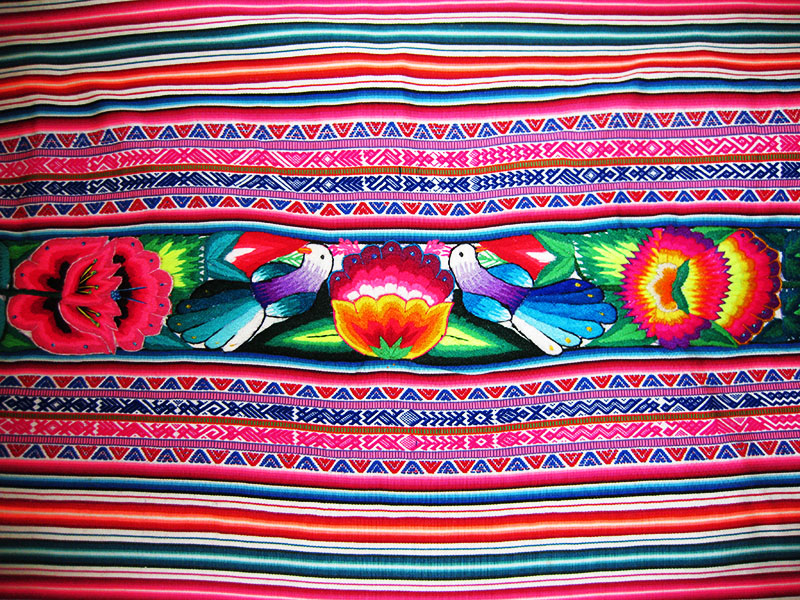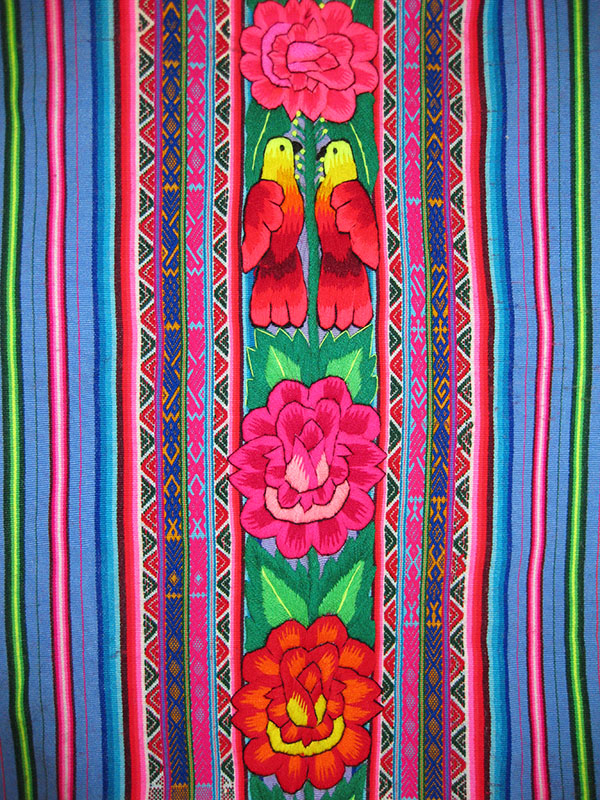One of my great disappointments of this trip is seeing a woman who should have left last November still in the prison. Last summer when I talked to her she was all chatter about being released and getting her paperwork in order. She was planning to move back to the jungle to live with her father and work in his shop. She was hopeful and excited. And she’s still here.
Another woman was supposed to be released last January, then in the summer she told me November. I found out yesterday that she was released a week ago, meaning her release was delayed by over a year.
Yet another woman still hasn’t received her sentence. Every time I come she tells me that she should be released in a few months, since her lawyer think her sentence will be less than her time served, which is going on four years.
And every trip there are more like this. When the women talk about their release, there is a mixture of excitement, anxiety, fear, and hope in their voices. They all know their date- June of this year, April of another, but what happens when those dates come and pass and the women are still in prison? What happens to those emotions? Do they intensify? Are they replaced with frustration? Waiting?
When I ask the women about their postponed release date the answer is usually, “I don’t know” or “there is a delay with my papers”. If I press on about the delay, the answer is a shrug. It is becoming clear to me that there is little accountability in the the justice system and those handling the women’s papers. I’m not sure if it is because the people aren’t being held accountable, if there simply is no system of accountability, or if these women aren’t important enough to care about it.
What I am sure of is that it is an injustice to keep the women in the prison a day longer than they are sentenced, especially given the severity of the sentencing laws for non-violent crimes. What we as an organization can do about this is still unclear to me, but I am grateful that we are here to give the women work and classes so that they at least have something to look forward to while they wait.
